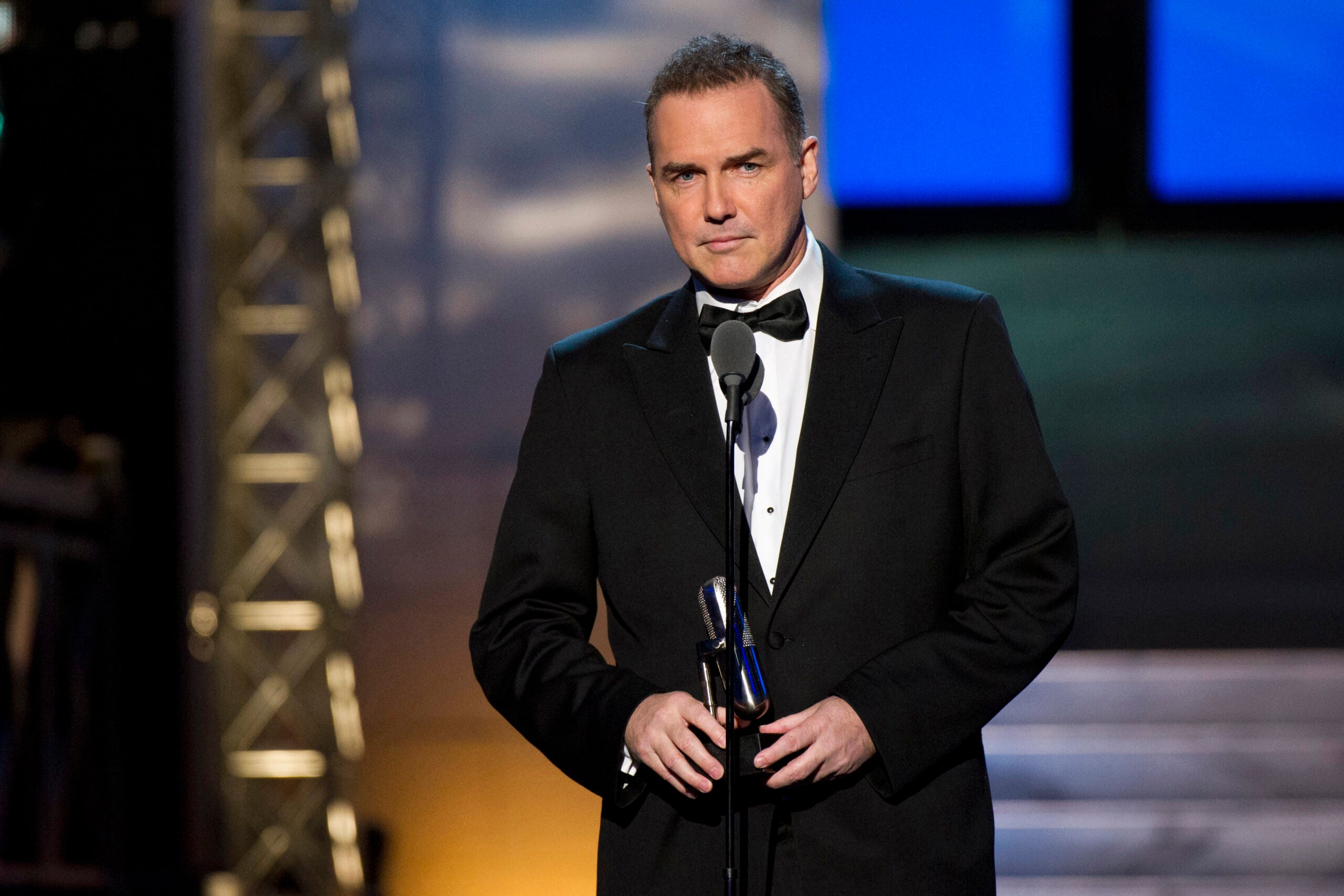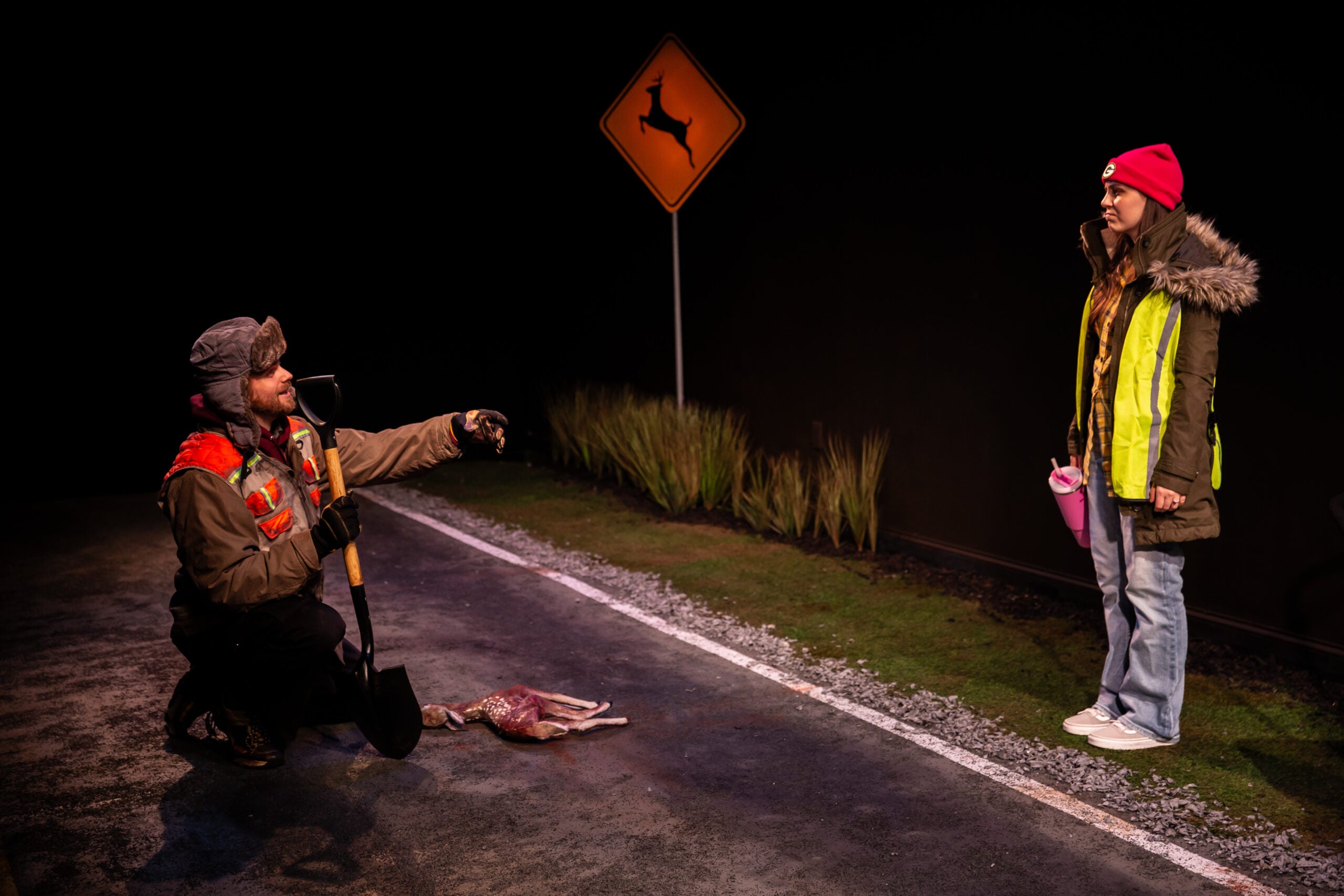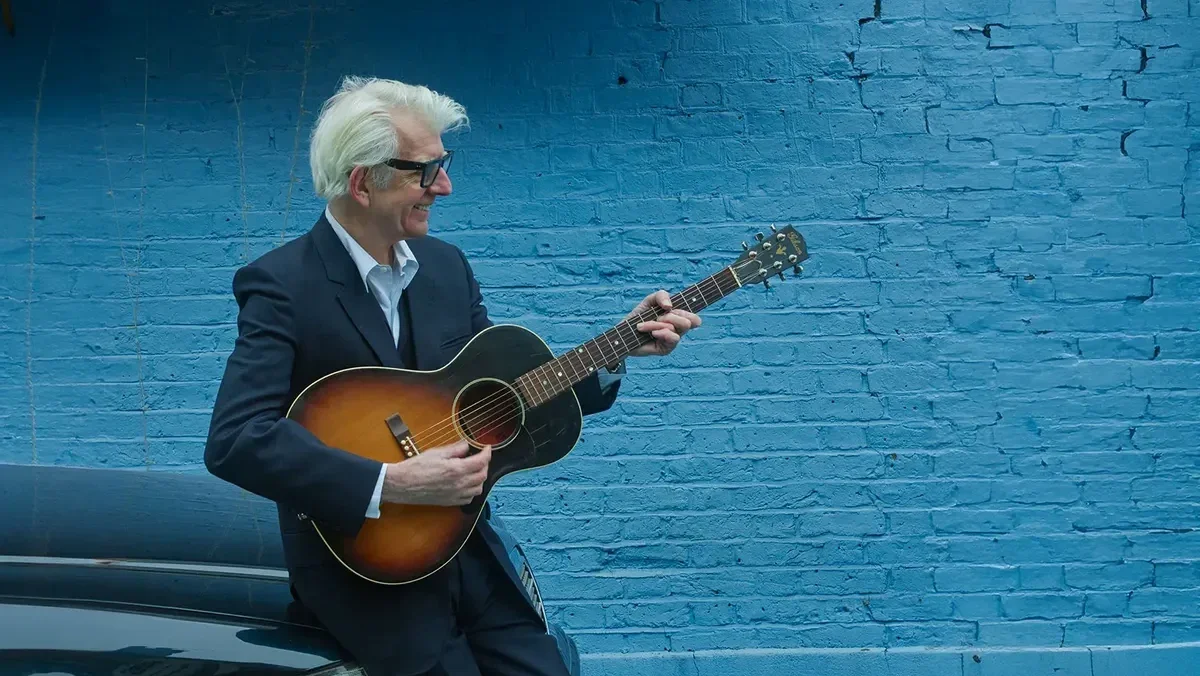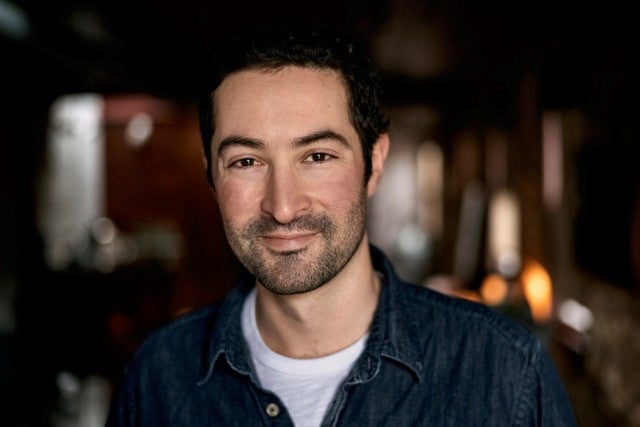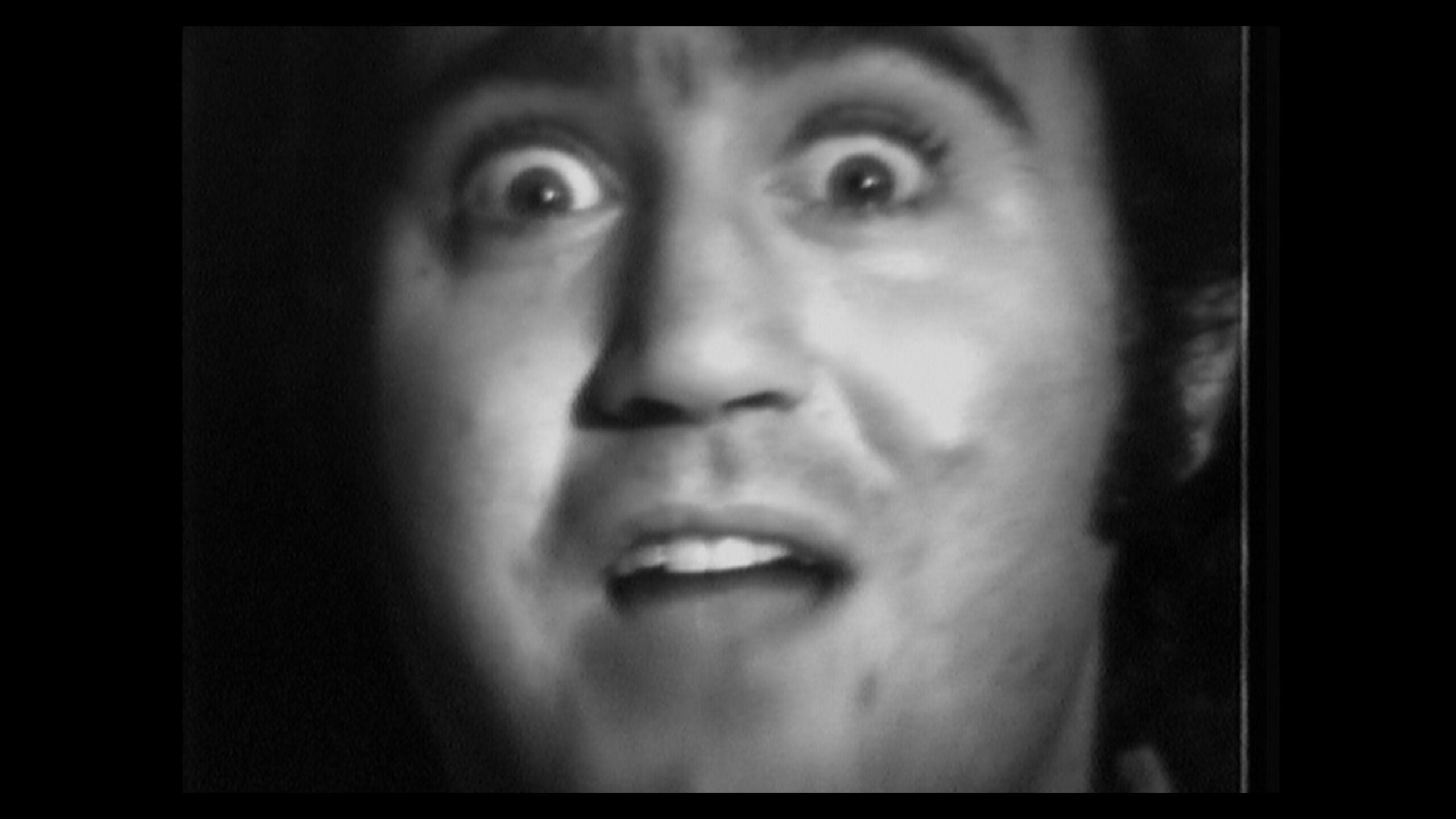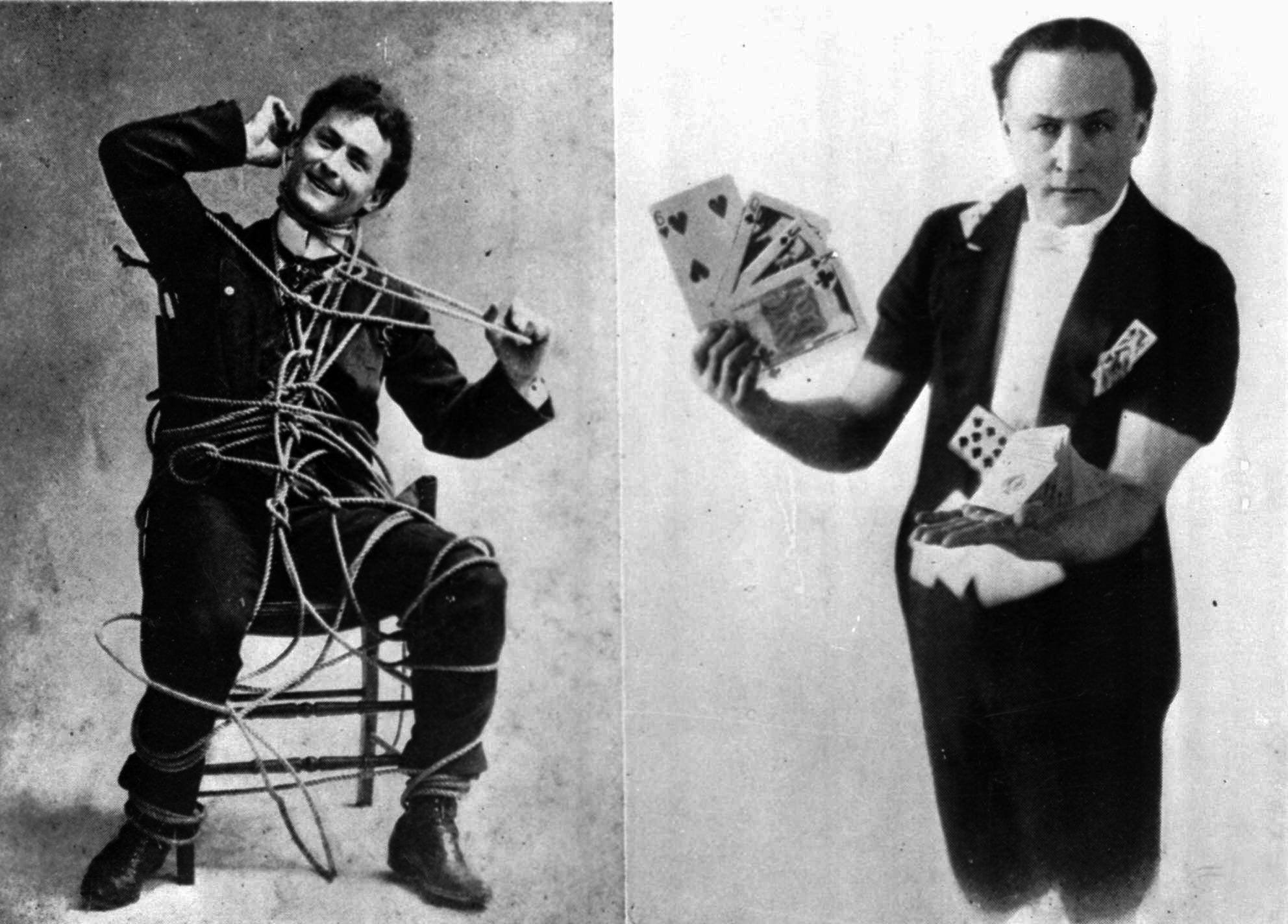Canadian comedian Norm Macdonald is best known for his work as a stand-up comedian and actor, as well as his groundbreaking turn as host of SNL’s “Weekend Update.” But in the time he has off stage, he’s a run at writing what he calls the “greatest comedy novel of all time.”
His book is called “Based on a True Story,” a fictional memoir that pokes holes in the expectation of drama and excitement in behind-the-scenes tell-all books.
“Mostly, you’re just off screen eating a sandwich, thinking about what to say on stage.”
News with a little more humanity
WPR’s “Wisconsin Today” newsletter keeps you connected to the state you love without feeling overwhelmed. No paywall. No agenda. No corporate filter.

Colin Quinn, from left, Chevy Chase and Norm Macdonald appear onstage at The 2012 Comedy Awards in New York, Saturday, April 28, 2012. Charles Sykes/AP Photo
Macdonald sat down with fellow Canadian Doug Gordon to talk about the fine art of stand-up and Macdonald’s “menefreghismo.”
This transcript has been edited for clarity and length. The full interview can be heard here.
Doug Gordon: Have you ever read Nick Tosches’ 1992 biography of Dean Martin?
Norm Macdonald: Yes.
Gordon: You have? Excellent. “Dino: Living High in the Dirty Business of Dreams.” The reason I ask if you’ve read it is because — you know this but our listeners won’t — one of Tosches’ central arguments in the book is that Dean Martin approached his life and career with this thing called “menefreghismo.” It’s an Italian word meaning “I don’t give an F.”
It seems you have a lot of that same spirit of “menefreghismo” — I would even go so far as to say that you could be described as “the Dean Martin of standup comedy.” Or maybe it would be more accurate to say that Dean Martin is “the Norm Macdonald of male vocalists.” What do you think? Do you think you’ve got the “menefreghismo” going on?
Macdonald: Dean Martin’s my hero of all time, he’s like my number one guy.
Gordon: Really?
Macdonald: When I was a little kid I would watch “The Dean Martin Show.”
Gordon: The Golddiggers and him coming down the fire pole.
Macdonald: Yeah. Something resonated with me that everything else seemed false, but he seemed real within that false framework. I always remember the sketch he did because he would get giant stars on the show, you know. So it was him and Ruth Buzzi there in a cold water flat. They’re supposed to be a couple. And she’s in complete Ruth Buzzi garb with the handbag and everything.
Gordon: Yeah, yeah. The old lady routine that she does, Gladys I think the name was, that she would do with Arte Johnson on “Laugh-In.”
Macdonald: Exactly. And Dean Martin is wearing a tuxedo. The same tuxedo that he had for the opening monologue. And he’s just standing reading from a card, not even looking at her, and she’s acting up an awful storm. There’s a knock on the door. It’s Sinatra – also wearing a tux. Oh, and they have a drink and a cigarette.
Gordon: Oh, of course.
Macdonald: They walk in and — I’ll never forget this — Martin starts laughing, and he walks up and he looks at the cue card; he picks it up and starts reading it and laughing at how funny it is, because he’s never seen it before.
It’s sort of dereliction of duty in a way, you could say. But to me, it was hysterical as a child. So yeah, Dean Martin was a gigantic influence in my life. It’s funny that you stumbled onto that.
Gordon: Is there one moment that you can point to as one of the biggest laughs, the most satisfying laughs you ever got?
Macdonald: No I can’t, this is why. In live stand up, this is something I learned also, I was afraid to speak to the audience. I thought it was very hackneyed to speak to the audience.
Gordon: Oh, like to interact with them.
Macdonald: Yes, to interact with the crowd. And so I would just stare into the lights and do my jokes. As time went on and I gained a little maturity, I understood it was only fear that stopped me from talking to the audience, and that that’s what the audience loves.
That’s what makes it a live event. Otherwise they could just watch it on YouTube. They could just watch your act. Or just read your act off a piece of paper. So what they want is interaction.
So that’s why I can’t say the biggest laugh, because the biggest laugh will come organically out of a conversation with people.
I was just thinking about this last week. The biggest laughs you’ll ever hear in life are like at a Thanksgiving dinner with a bunch of loved ones and nothing funny is said, you know, but there’s this laughter that’s going through the room and it just comes from love.

